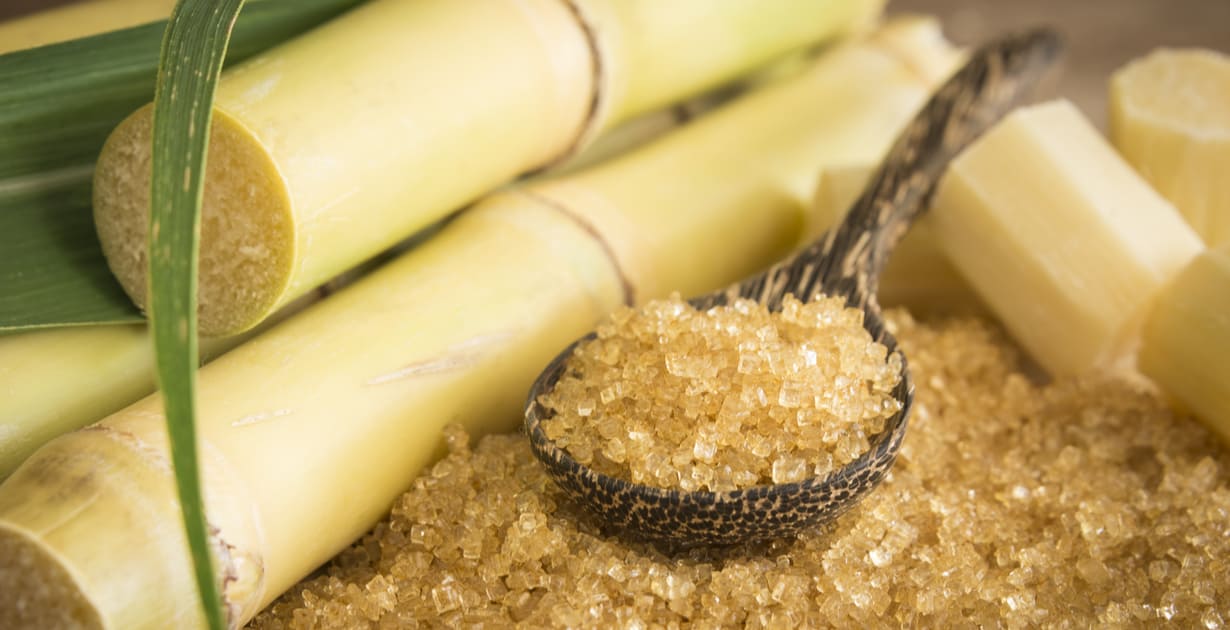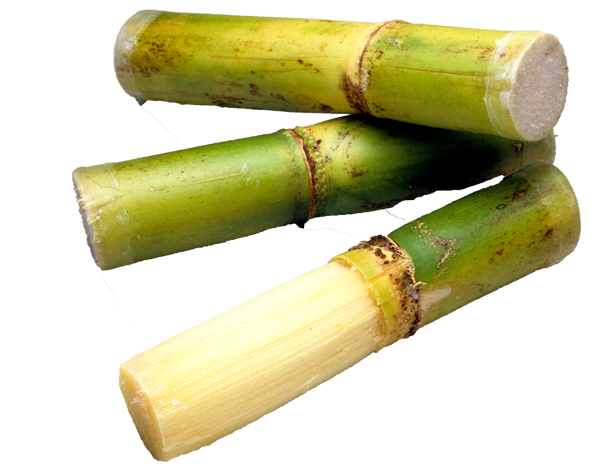Why Cane Sugar Processing Chemicals Are Crucial for Modern Sugar Refining
The function of cane sugar handling chemicals in modern-day sugar refining can not be overstated, as they are important to enhancing both the performance of extraction and the overall top quality of the last item. Agents such as phosphoric acid and specific flocculants are utilized to eliminate contaminations, resulting in sugar that not only satisfies consumer expectations yet also sticks to sector criteria.
Duty of Handling Chemicals
The efficiency of walking cane sugar handling hinges substantially on the strategic application of handling chemicals. These chemicals play a pivotal role in improving the efficiency and quality of sugar extraction and refining. From the initial phases of juice removal to the final filtration steps, handling chemicals promote different important procedures.
In the extraction phase, chemicals such as phosphoric acid and calcium hydroxide are employed to enhance the clarification procedure, assisting to eliminate impurities and put on hold solids from the walking cane juice. This not just enhances the yield but also guarantees the clarity of the end product. Additionally, representatives like flocculants aid in the rapid settling of contaminations, thus enhancing the total process.
As the handling breakthroughs, chemicals are used in decolorization and crystallization phases. Activated carbon and ion exchange materials serve to remove color and odor, making sure that the refined sugar satisfies customer high quality standards. Inevitably, the duty of processing chemicals prolongs beyond operational efficiency; they substantially influence the sensory qualities of the end product, contributing to market competitiveness. Thus, the thorough option and application of these chemicals are crucial for attaining ideal end results in walking stick sugar processing.
Secret Sorts Of Chemicals
Walking stick sugar handling depends on a selection of crucial chemicals that assist in each phase of manufacturing. These chemicals play important functions in making clear, bleaching, and cleansing the sugar removed from walking cane.
One primary category of chemicals includes flocculants, such as polyacrylamide, which help in the explanation process by promoting the aggregation and settling of contaminations. Additionally, calcium hydroxide is commonly used to neutralize acidity and help in the elimination of non-sugar parts.
Whitening representatives, such as activated carbon and sulfur dioxide, are utilized to decolorize the syrup, causing a more clear end product. These chemicals aid remove shade compounds that may affect the sugar's look and bankability.
Additionally, phosphoric acid serves as a pH regulator during the processing stages, guaranteeing optimal conditions for the enzymatic activities involved in sugar extraction and filtration.
Various other crucial representatives include edta (ethylenediaminetetraacetic acid), which chelates steel ions that might catalyze unfavorable reactions, and salt hydroxide, which aids in pH control throughout the refining procedure. Collectively, these chemicals enhance performance and make certain a top quality walking stick sugar product.
Advantages for Sugar Quality
Typically ignored, using certain handling chemicals substantially enhances the general high quality of walking cane sugar. These chemicals play an essential role in refining processes, making certain that the end product satisfies stringent sector requirements for purity and taste.

In addition, refining chemicals aid in achieving a consistent granulation and appearance, which are vital for customer approval. By controlling the formation process, these chemicals ensure that the sugar crystals form uniformly, leading to an extra attractive product that liquifies well in numerous applications.
In addition, the use of these chemicals can boost the rack life of walking stick sugar by lessening dampness absorption and microbial development. Overall, the tactical application of processing chemicals her latest blog is crucial for supplying top quality walking cane sugar that meets consumer expectations and industry needs.
Environmental Impact Considerations

In addition, the energy-intensive nature of sugar refining, intensified by chemical usage, frequently leads to enhanced carbon exhausts. This adds to climate adjustment and increases concerns pertaining to the sustainability of present refining practices. Furthermore, the sourcing of these chemicals may include practices that intimidate biodiversity, such as monoculture farming, which decreases the resilience of farming ecosystems.

To minimize these effects, sugar refiners are progressively exploring sustainable options and adopting ideal techniques that decrease chemical usage. Carrying out rigorous ecological administration systems can assist guarantee that the refining process straightens with environmental criteria and promotes biodiversity. Inevitably, a balanced strategy that prioritizes both sugar high quality and environmental stewardship is necessary for the lasting practicality of the sugar industry.
Future Patterns in Refining
As the sugar market grapples with the ecological obstacles connected with standard refining approaches, innovative strategies are emerging to enhance both effectiveness and sustainability. One significant fad is the adoption of green chemistry concepts, which focus on making use of safe, biodegradable processing chemicals. This change not only lessens environmental impact but additionally addresses customer need for cleaner manufacturing methods.
One more promising development is the execution of advanced filtering innovations, such as membrane separation and adsorption processes. These methods boost the quality and top quality of the sugar while decreasing the quantity of wastewater generated throughout refining. Additionally, the combination of electronic modern technologies, including IoT and AI, is transforming operational effectiveness by allowing real-time monitoring and anticipating maintenance, thus lessening source waste.
In addition, making use of spin-offs from sugar refining, such as bagasse and molasses, is gaining traction. These products can be exchanged biofuels or value-added items, adding to a round economic climate within the market. Collectively, these patterns signal a shift towards more lasting practices that not just improve operational performance yet also line up with global sustainability goals, making browse around here certain the future practicality of sugar refining.
Verdict
Walking cane sugar handling chemicals are crucial in modern-day sugar refining, significantly improving the effectiveness and high quality of sugar extraction. The calculated usage of these chemicals not only enhances the pureness and flavor of the last item but also guarantees constant formation and structure. As the market significantly prioritizes sustainability, the adoption of environmentally-friendly processing representatives is likely to shape future trends in refining, inevitably leading to better items and expanded life span for consumers.

Inevitably, a well balanced technique that prioritizes both sugar top quality and ecological stewardship is vital for the long-lasting viability of the sugar industry.
Walking stick sugar processing chemicals are crucial in modern-day sugar refining, dramatically improving the performance and quality of sugar extraction.